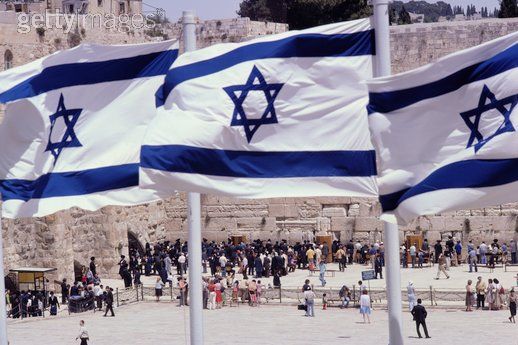“The biggest threat to our security and our future was and remains Iran's attempts to arm with nuclear weapons,” Netanyahu said at the ceremonial opening of the 20th Knesset just hours before the self-imposed deadline for reaching a framework deal between the world powers and Iran.
“The agreement being put together in Lausanne paves the way for that result. Apparently it will leave in Iran's hands underground facilities, the [hard-water] reactor at Arak, advanced centrifuges. All those things that only a few months ago we were told, rightfully so, that they were not vital to a peaceful nuclear program.” It was US President Barack Obama who said that each of those elements was not needed for a peaceful program.
Obama, during a question-and answer session at the Saban Forum at the Brookings Institution in Washington in December 2012, said the following: “In terms of specifics, we know that they don’t need to have an underground, fortified facility like Fordow in order to have a peaceful nuclear program. “They certainly don’t need a heavy-water reactor at Arak in order to have a peaceful nuclear program. They don’t need some of the advanced centrifuges that they currently possess in order to have a limited, peaceful nuclear program,” Obama said at the time.
Netanyahu chose his words carefully, saying these elements will “apparently” be in the agreement, since the details of the deal are still being worked out, and have not been released.
+++++++++++++++++++++++++++++++++++++++++++++++++++++++++
Dismissed as "worthless" comments made by Chief US Negotiator to the talks with Iran Wendy Sherman, in which she questioned Iran's need to have some of its most controversial nuclear facilities.
"Iran's nuclear technology is non-negotiable and comments about Iran's nuclear facilities are worthless and there is no need to negotiate or hold talks about them," AFP quoted Mohammad Mohammad Javad Zarif as saying, citing Iranian media. "Those who know our peaceful objectives are also aware that we will not negotiate about our [nuclear] facilities," Zarif added. Sherman made the remark at a US Senate hearing on Tuesday.
"We know that Iran does not need to have an underground, fortified enrichment facility like Fordow ... [or] a heavy-water reactor at Arak to have a peaceful nuclear program," she said.
"Ms. Sherman should stick to the reality and stop speaking of impossible things even if it is only for domestic consumption ... since reaching a solution can be hindered by such words," Zarif said according to the report.
"We know that Iran does not need to have an underground, fortified enrichment facility like Fordow ... [or] a heavy-water reactor at Arak to have a peaceful nuclear program," she said.
"Ms. Sherman should stick to the reality and stop speaking of impossible things even if it is only for domestic consumption ... since reaching a solution can be hindered by such words," Zarif said according to the report.
+++++++++++++++++++++++++++++++++++++++++++++++++++++++++THE FUTURE OF THINGS TO COME.....??????
Prime Minister Binyamin Netanyahu’s statement earlier this week that “we see eye to eye with many of our Arab neighbors regarding the danger posed by Iran and we also view positively the benefit that this new partnership could have for the region.” AMEN




.jpg)










.jpg)


.jpg)
